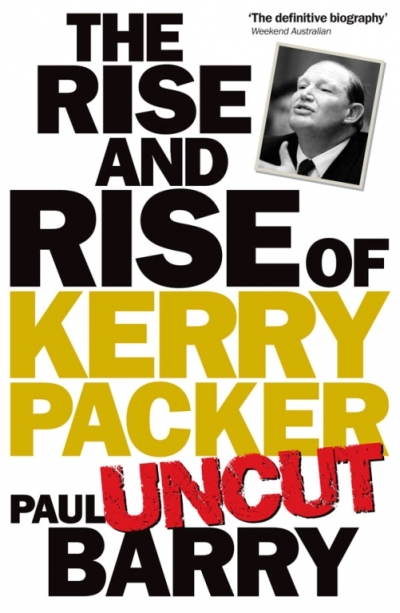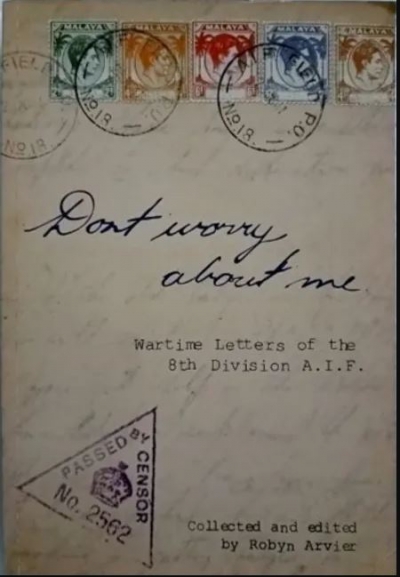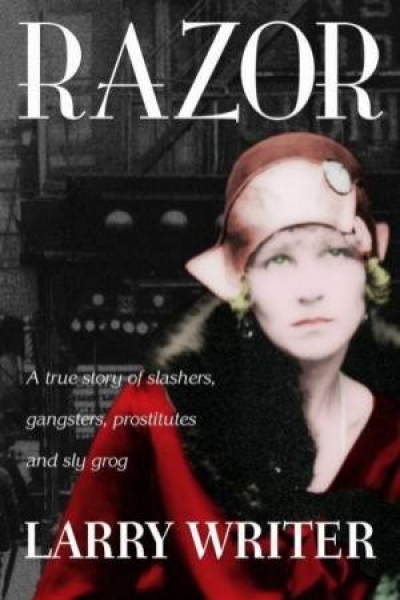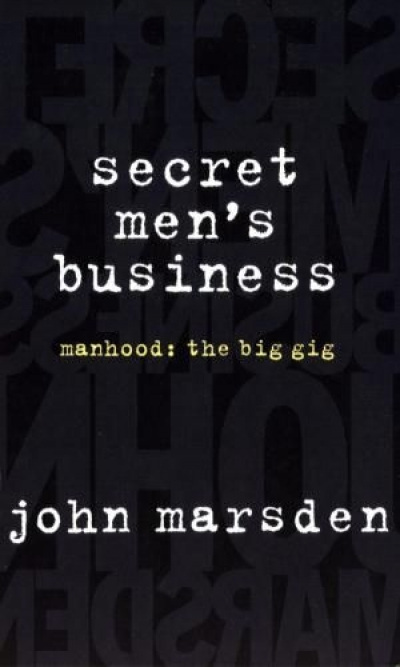Pan Macmillan
The Rise and Rise of Kerry Packer by Paul Barry & Who Killed Channel 9? by Gerald Stone
by Margaret Simons •
Crackpots, Ratbags and Rebels by Robert Holden & Up Close by Peter Wilmoth
by Vivienne Kelly •
Don't Worry About Me edited by Robyn Arvier & Hellfire by Cameron Forbes
by Rod Beecham •
Razor: A true story of slashers, gangsters, prostitutes and sly grog by Larry Writer
by Craig Sherborne •
Secrets by Drusilla Modjeska, Amanda Lohrey and Robert Dessaix
by Morag Fraser •










